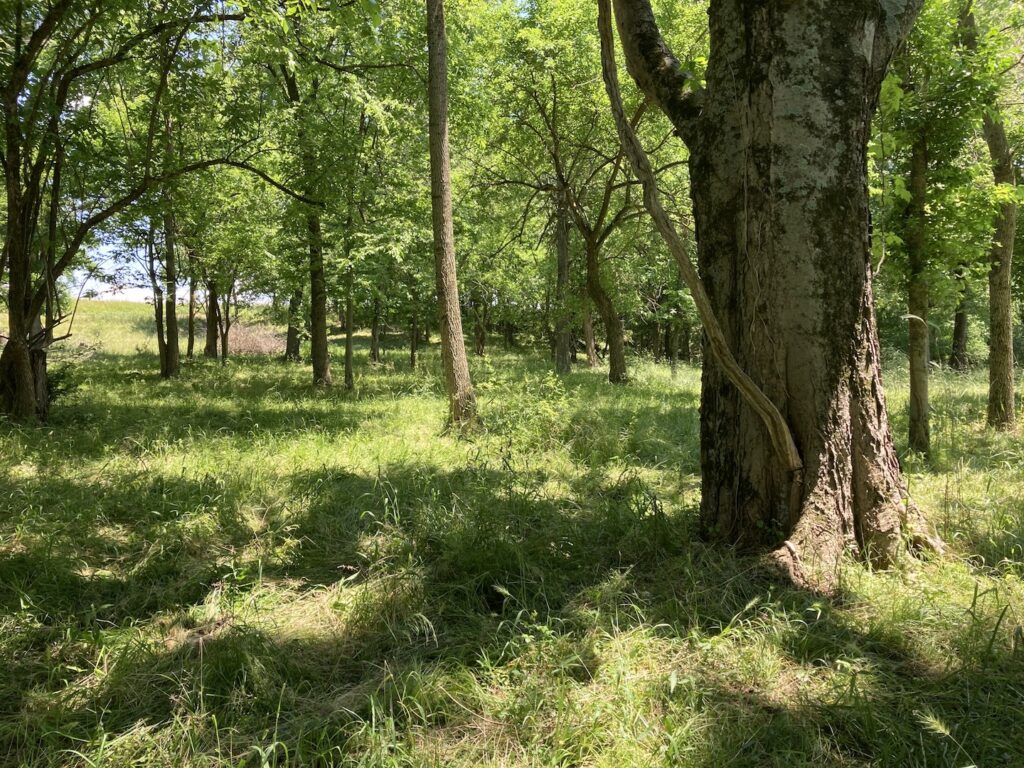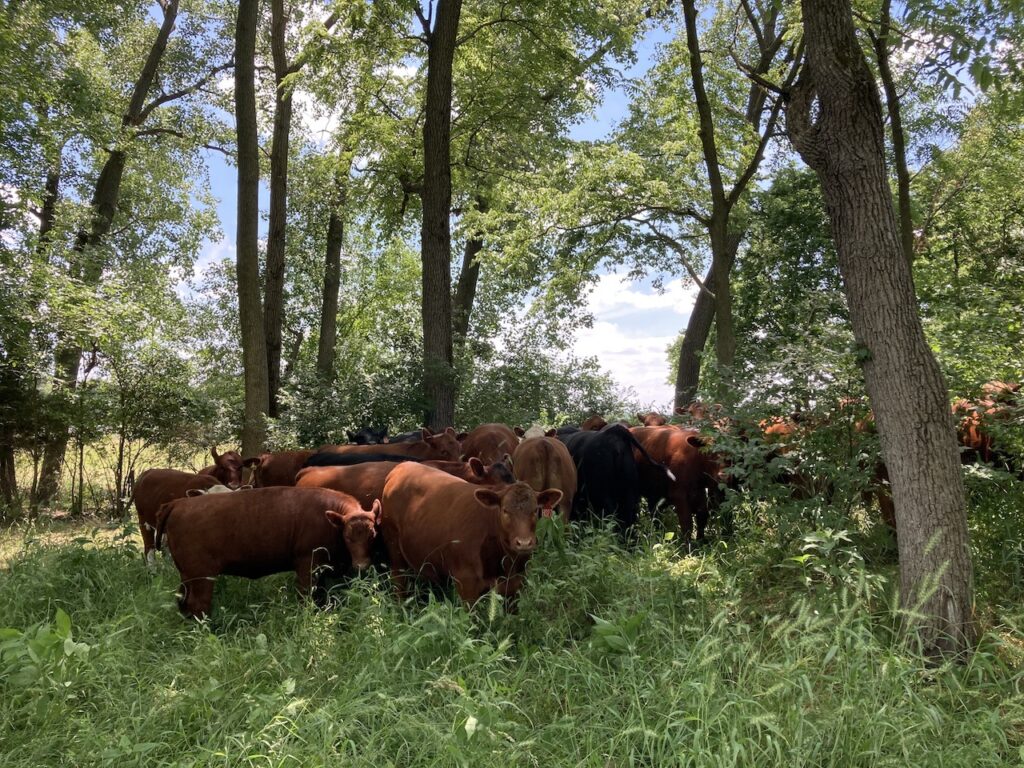One of the challenges of writing a blog is feeling at times like one is writing in a void. I write words. Are they read? If they are read, do they catch? Do they find traction? Do they add anything to the reader’s life? I am forced to ask sometime, “Why do I write?”
When I started writing this blog all the way back in 2014, I literally could not not write.
I had to get my thoughts and perceptions out there. There was a fire in my belly. I had, perhaps like many introverts, many things I had thought but had not expressed. But I found I needed to express them. And I needed to examine and explore why I thought keeping God’s Creation was somehow essential to the Christian faith-life. Was it essential? My heart said yes.
I have since had the opportunity to meet remarkable Christians through this blog and to understand at a deeper level how Creation is interwoven through the Bible. I have seen how keeping Creation in an attentive, focused way grows one’s “faith muscles” and one’s love of God. This has been a blessing. I hope it has been a blessing for you in some way as well.
I still have the fire in the belly about Creation. It is, I am convinced, full of the glory of God. I am still amazed by the things I learn about how Creation works. Its mysteries and patterns will fascinate me to the end of my life and, I pray, beyond that. I still find my heart broken and angered by how Christendom as a whole accepts violence and diminishment of the life of God’s earth and even condones it at times. I am grateful for my wife Mayumi and her insistent voice that Creation matters.
Is this a calling? I don’t know. I do know I seek a more specific, rooted calling, a way to do the most I can for God’s will for Creation and people to flourish in a particular place. I sense I am at a transition point which I cannot name.
Below I will share some thoughts and impressions from this moment of my life. For someone raised as a Midwestern Lutheran, it feels a little too self-focused. But I hope it may resonate in some way with you. I would certainly welcome any wisdom you might have to offer.
1. A spiritual challenge I face is that I do not belong to a community of believers. Yet, I find more truth and beauty and conviction in the Bible and the words of some saints of our tradition than I ever have before. Tim Mackie and The Bible Project are great blessings right now in seeing consistent and beautiful patterns throughout the Bible. Priya Parker’s book The Art of Gathering actually gives me some ideas about the kind of worship gathering that might resonate for me and others. I’d highly recommend the book.
2. A blog post coming in the next month or two will be transcription of an interview I did with John Kempf. John Kempf is one of the leading voices and practitioners of regenerative agriculture. He also happens to be a brilliant Amish Christian. I’d highly recommend his podcast (start with this episode). The way he combines a deeply spiritual understanding of how God’s earth works with a comprehensive, scientific, practical mindset amazes and inspires me.
3. I continue to work on a novel that incorporates themes that I have written about here and that I see in the Bible. Are there parallels between writing a novel and being a Christian? One I’ve found is that writing a novel is completely different than trying to outline it and plan it in theory. Just like there’s a difference between reading about following Jesus and actually trying to do it. I’ve had to learn to not try to control the narrative. I’ve had to be OK with starting writing sessions not knowing where things would go. And I’ve found I’ve had to face my own weaknesses, even my weaknesses in understanding how people actually think and feel and how the world works. It’s humbling, very humbling. One needs grace. God works through our weaknesses as we read in 2 Corinthians 2:19. Maybe when life is easy and smooth, we’re not actually putting ourselves out there enough for what God wants us to do?
I’ve also been struck by how hard it is to write of faith and life and the significance of Creation without making the narrative chock full of theology. And it’s occurred to me that perhaps Christendom has devoted way too much energy to theological disputes. It’s actually a mindset, this dwelling on doctrinal borders seems to be a cultural way we often do the faith. What if the Amish concept of ordnung (a collection of unwritten guidelines for all parts of life) was applied in some hybrid way to Christians of a particular community so that how we lived was as valued as what we believe?
4. Want to read to a challenging novel? Check out Kim Stanley Robinson’s The Ministry for the Future. It has all kinds of insights about climate change and what people will be like when facing the consequences of a world made more chaotic and dangerous by forces that could have been prevented. A question that is often asked by characters in the book in different ways is, “If we looked at our situation from the future, what we should do is so obvious. So why don’t we do it?” What is the answer for Christians and churches? Maybe this is a world-wide version of the situation the good Samaritan faced. Maybe doing life and church as usual is the wrong thing. Maybe acting like this is an emergency and stepping out of our comfort zones is the right thing.
5. Today, I saw the biggest toad I have ever seen. I had gone out to just check in with the high school youth who are participating in the farming program the non-profit I work for offers each summer. I joined in for a bit in the weeding among the cabbages. There are weeds to pull because it is an organic farm, which means insects can live there. And when there are insects and cover, toads can live as happily as toads can, although their expressions don’t necessarily convey happiness very intensely. The toad was in the midst of the cabbages and weeds. Its back was dark, its eyes large. It didn’t seem very alarmed, perhaps because its dark skin made it blend in with the dark, rich soil of the fields? The youth around me seemed to take it all in stride. I’m glad they associate farming with wildlife.
My thought – Christian farming should be measured by productivity, quality of life, and how much the life that farm supports.
6. Finally, I need to say that Mayumi, our younger son, and I all visited a farm of a friend in southern Illinois a few weeks back. Like the Riemers, the farmer is grazing cattle in a way that mimicks how ruminants and the land can productively benefit each other. The land was absolutely beautiful. We saw an eastern meadowlark, a great blue heron, lush pastures that hold water and provide habitat, and healthy cattle. The farmer patiently shared with us the planning and effort that goes into stewarding the land so attentively. All of the fruits of the spirit are at work in his heart and mind as he farms. In his way, in his deeply rooted and deeply focused way, he is serving God with love and devotion. I am still moved at the memory of that tour and the life he and his wife have built.

Careful grazing can benefit woods like these. A great blue heron flew up out of the pond in these same woods about 30 yards away.

A herd will appreciate the shade of woods on hot summer days. This was a very curious herd, by the way.
7. I find myself praying for the love, strength, and wisdom of Jesus in all of my life.
I hope this finds you convinced of God’s love, filled with love and strength and wisdom, and living consciously and fully for God’s purposes. I’d love to hear what you are doing and what you are finding to be your purpose and focus, especially as they relate to God’s Creation.




